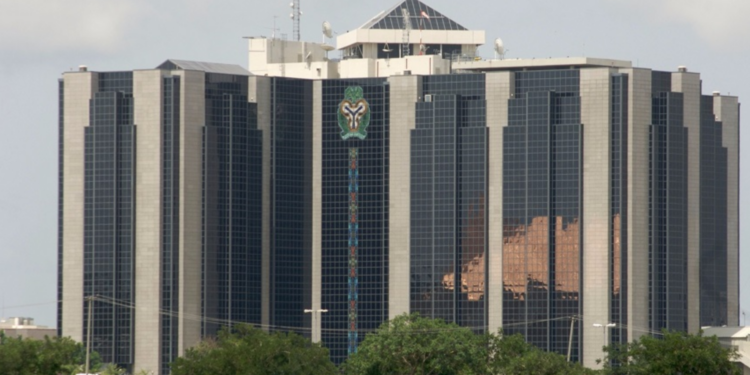The Association of Bureau De Change Operators of Nigeria (ABCON) has asked the Central Bank of Nigeria (CBN) to increase the minimum capital requirement of forex traders to do business from the present N35 million to N350 million ($454,888).
The association also is also recommending merger for its members in order to boost their capacity to handle diaspora remittances or any other funds sent from abroad and channel the foreign exchange to shops and small businesses.
ABCON President confirms the move
The President of ABCON, Aminu Gwadebe in a conversation with Nairametrics confirmed the development saying that it was part of the moves to build up capacity of their operations and possibly reduce the number of operators.
Aminu said that the association asked for consolidation whereby some BDCs can merge and also noting that this is mechanism like the did in the banks in 2004 when they were consolidated.
- The ABCON President said, ‘’We asked for a merger, consolidation, like 10 BDCs coming together to fund the N350 million proposed minimum capital requirement to reduce the number of BDCs. It is better because we are doing nothing just because they said we are too many, so is it not better to merge and we are doing business, so that we can form capacity.’’
This is a developing story…
















This is long overdue, BDC minimum capital need to be review upward to ₦500 million they are too many and difficult for CBN to control like the commercial banks. The activities of BDC currently is not helping Nigerian economy, the truth must be told. They are just rent seekers and parasite on Nigeria economy. More rules need to be set for them if our Naira is to improve against the US Dollar going forward.
Raising the share capital requirements for BDCs is a naked attempt by existing players to limit new competition. To improve the FX market’s liquidity, the CBN should encourage more entrants and competition, not less. To combat market abuses, instead of increasing share capital, the CBN could require BDC executives and key shareholders to provide personal guarantees, putting their assets at risk if the BDC fails in its trading obligations or gets involved in illegal activities like money laundering.